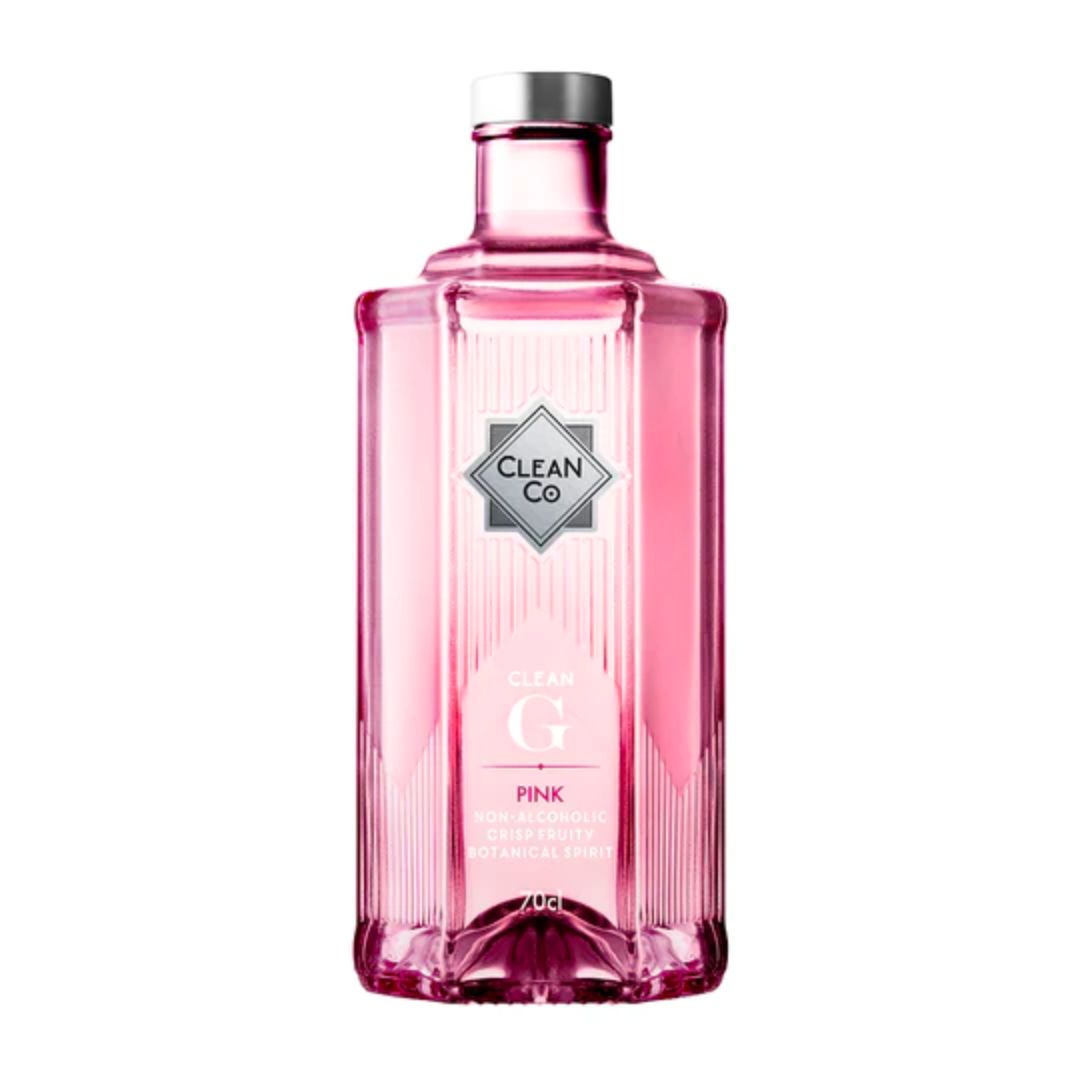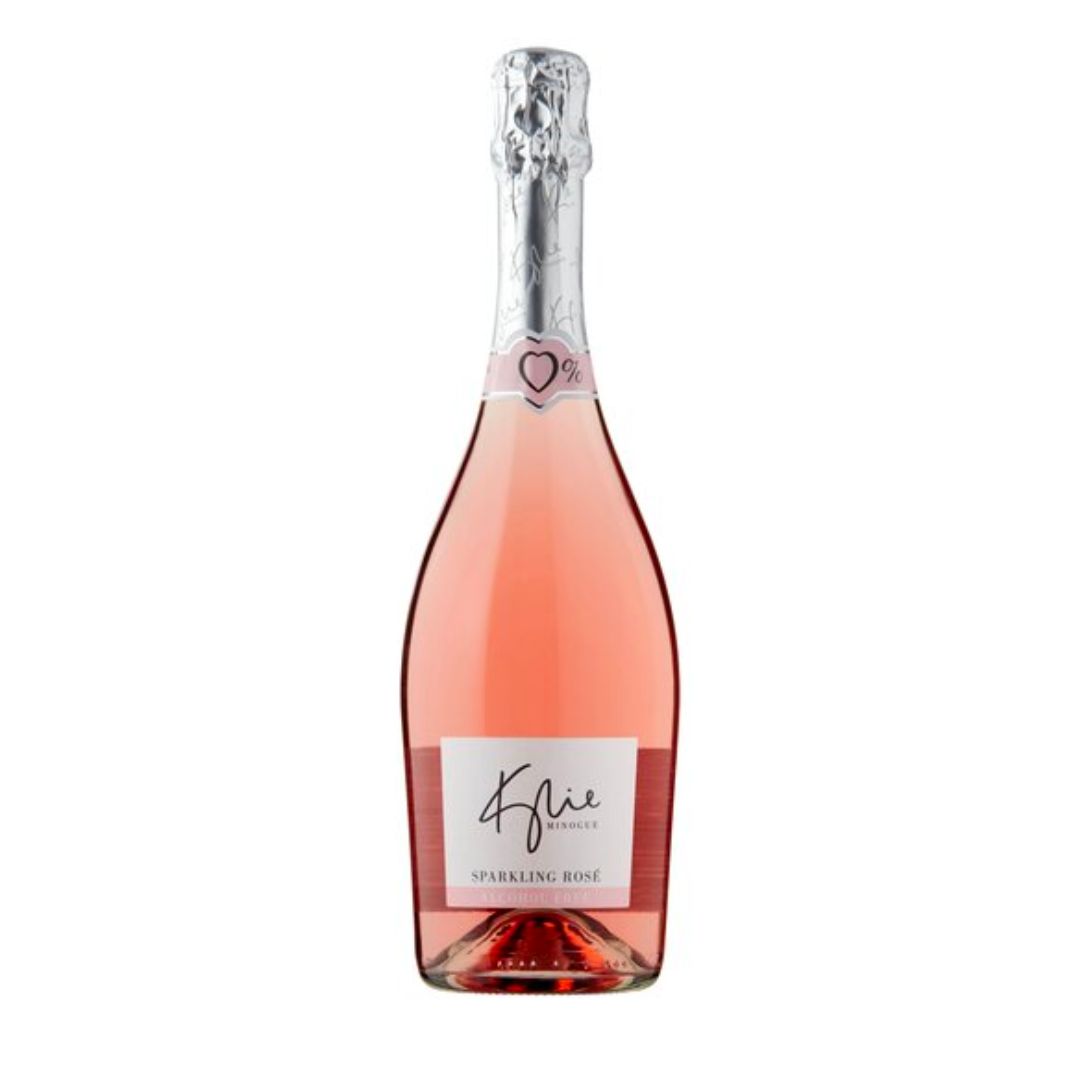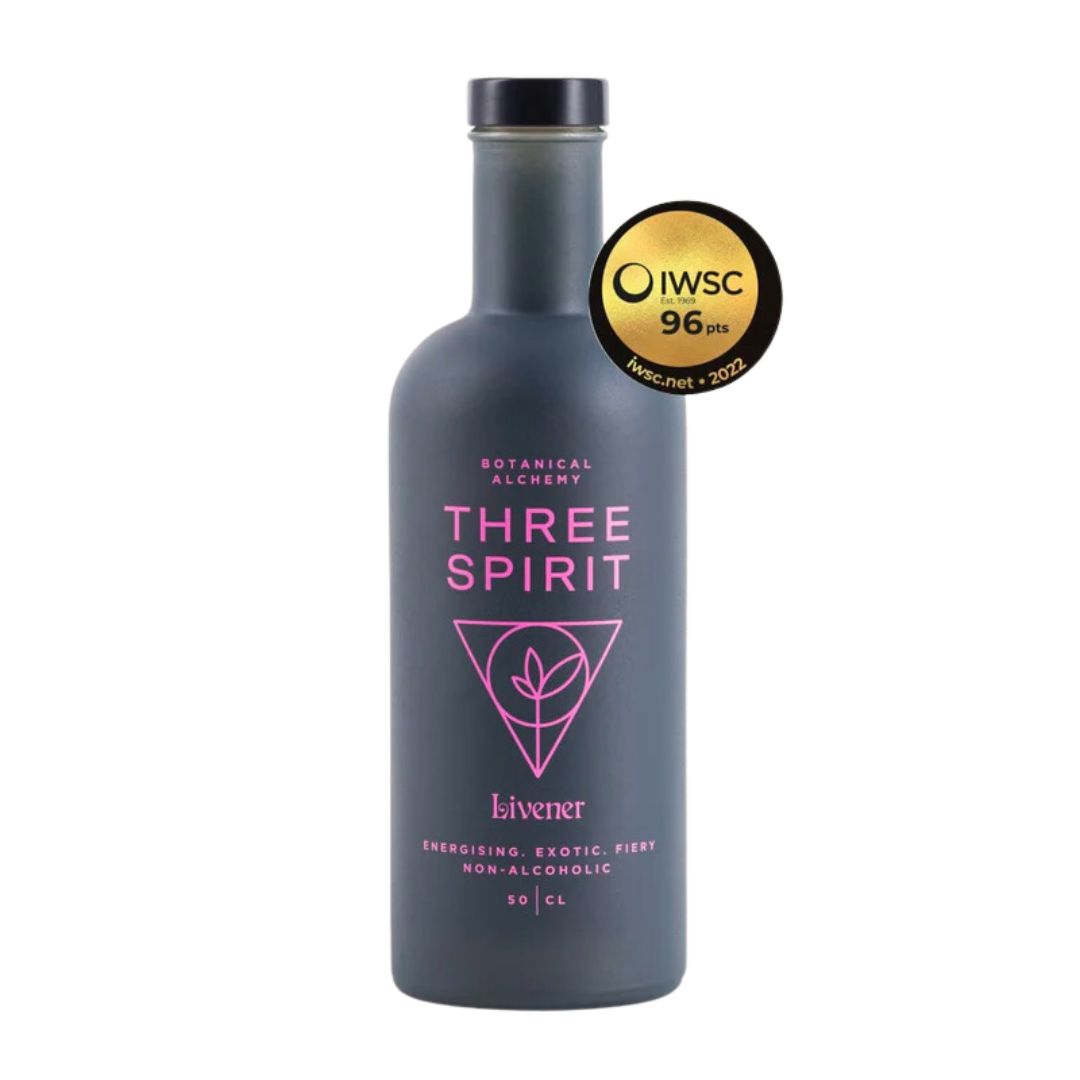I was sober curious so halved my alcohol intake - and it was seriously eye opening
It's changed my outlook forever.

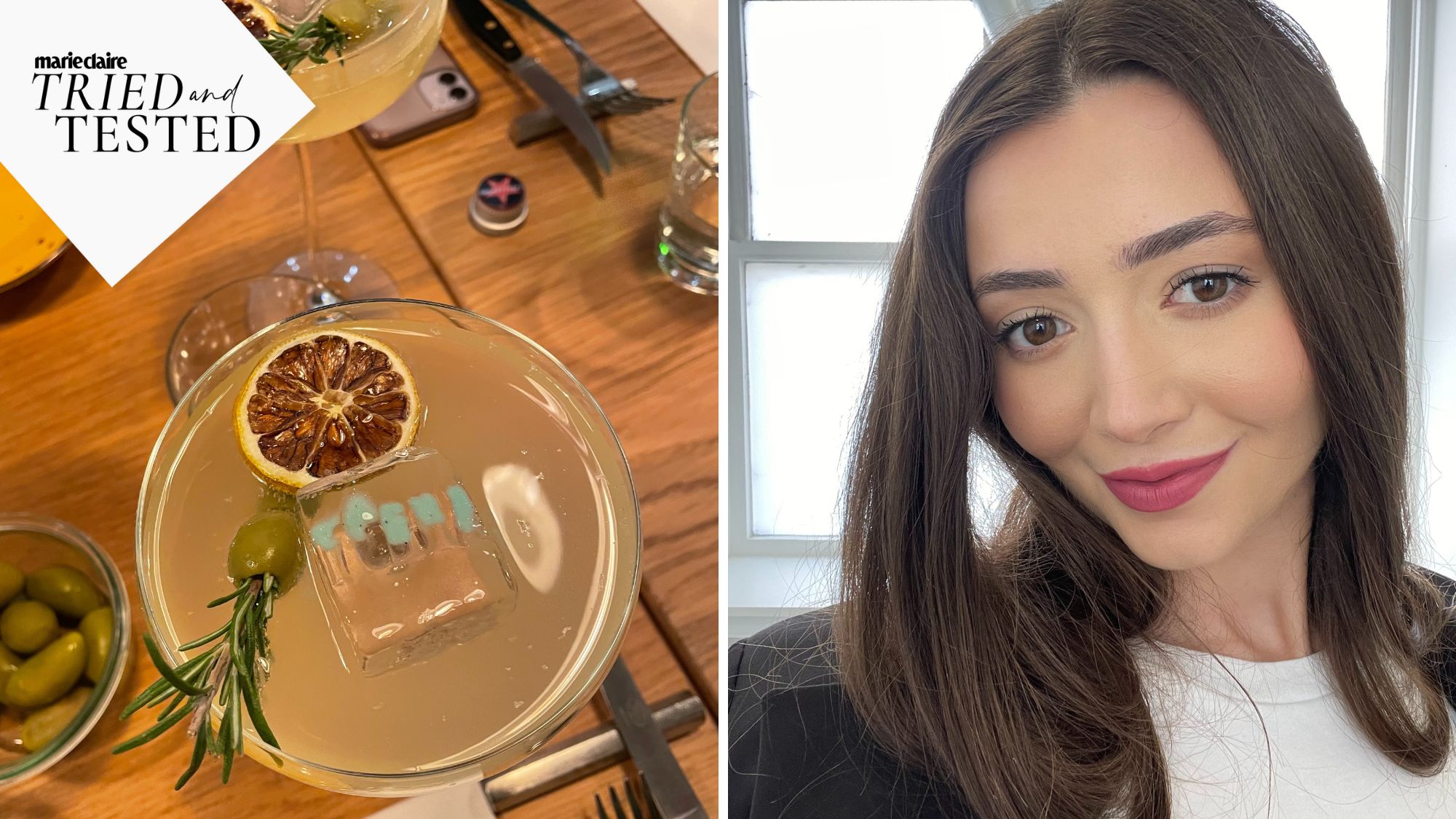
I first remember feeling sober curious while on holiday in Rome. As I opened my eyes expecting to see views of the Colosseum from my window, I was instead met with the four walls of a hospital room.
Four years ago, I was hospitalised after being spiked on holiday. As I rushed out of the ward to make my flight, I remember feeling uneasy. While being spiked was definitely not my fault and everyone should be able to enjoy a drink without fear of that, it did make me reconsider my own consumption.
Sober curiosity is now all the rage - stats from non-alcoholic brand Three Spirit showing that six million people swapped to an alcohol-free option last year - but back then, drinking less, at least vocally, wasn't common. While reassessing my own alcohol intake wasn't necessarily a choice, more a genuine fear of drinking again, being at university in the UK back then meant drinking - a lot.
My friends understood that I didn’t want to drink after what was, on reflection, a pretty traumatic way to end a holiday, yet after a week or two, it was back to Cheer socials and straight into super-charging nights out with vodka soda limes.
Nowadays, attitudes have changed. The #sobercurious hashtag has nearly 550 million views on Tiktok and last year alone, sales of low or no-alcohol drinks grew by 7%.
Research shows that Gen Z is leading the way in this regard, with 88% of singles recently surveyed in Tinder's Future of Dating report sharing that they'd like to go on a sober date, using sober dating to forge real connections.
Celebrities like Bella Hadid and Katy Perry are getting on board too, launching their own brands of adaptogen-rich non-alcohol alternatives. Drew Barrymore, Cara Delevingne and Chrissy Teigen have also spoken openly about reassessing their own relationships with alcohol, with Barrymore sharing: “[Drinking too much] is a toxic behaviour for me. It's the definition of insanity doing the same sh*t over and over again expecting a different result."
Celebrity news, beauty, fashion advice, and fascinating features, delivered straight to your inbox!
I’ve lost count of the number of times I’ve woken up with extreme hangxiety, so when my Editor asked me to give living sober curiously a go for this feature, I jumped at the chance. Out went weekend trips to my local wine bar and bottles of Miraval at dinner, in, a more mindful, measured approach to my alcohol consumption.
It's worth pointing out here that I only ever drink socially. I don't have a drinking problem or addiction, and if you fear you do, it's definitely worth talking to a qualified medical professional.
That said, we could all do with taking a cold, hard look at how much we drink, with official NHS guidelines showing that we should be aiming for a maximum of 14 units of alcohol a week (around 6 medium glasses of wine), with one in three Brits drinking more than that every week.
To see how I got on with my sober curious journey over the course of a whole month, keep scrolling. Don't miss our guides to dry January, sober celebrities, and what happened when another MC UK staffer gave up alcohol for 21 days, while you're here.
I was sober curious so halved my alcohol intake - here's what I learnt
What does it mean to be sober curious?
First things first: a definition for you, if you're scratching your head at the term. In short, being sober curious means just that - not going teetotal, but taking a reflective approach to your relationship with alcohol.
It’s a cultural movement of drinking a little less without the pressure of completely giving up alcohol altogether.
It could be saying no to a glass of wine at dinner mid-week or questioning why you feel the need to drink in particular situations. It involves asking yourself the following:
- Where does this impulse come from?
- Why do you feel that you can't turn down this drink, or need to drink in certain circumstances?
- Who created this expectation?
- What does your life look like without alcohol?
Figuring out where those pressures come from and what is urging you to drink can help you to better understand your emotions and mental wellbeing, too.
Being sober curious releases the pressure of saying you're never drinking again - instead, you're choosing not to priositise alcohol.
5 benefits of being sober curious
There's no denying that alcohol can negatively impact both our mental and physical health - according to the NHS website, long-term use of alcohol can risk heart disease, stroke, liver disease, liver cancer and damage to the brain.
That said, alcohol is a big part of British culture, making it all too easy to ignore how it makes us feel or the longer-term health risks.
Most notably, adopting a sober curious mindset allows you to take the time to reflect on your relationship with alcohol. Imagine a life hangover free - no headaches, anxiety, or worrying about what you might have said or done after a few drinks the night before.
Benefits span:
- You'll likely have more energy
- You'll sleep better
- Your mental health will likely improve (alcohol is linked to feelings of anxiety and depression)
- You'll likely improve your productivity
- You'll save a lot of money, too.
"Being sober curious for a month changed everything for me"
Embarking on my month of sober curiosity, the first thing I noticed was that alcohol is quite literally everywhere. With friends getting drunk at every event, dinner, wedding, or picnic in the park, I quickly realised what I'd taken on
While people are definitely more open to the idea of drinking less than, say, four years ago, one of the most surprising parts I noticed was how much I had to defend myself and my decision to try to drink less - it was like being vegan all over again. Turning down the offer of a drink took work, even on the most professional occasions. The first week, I massively underestimated the pressure to “just have one”.
I'd decide that I didn't fancy a drink and have a glass of rose in hand - people are so used to using alcohol to socialise that most do it out of a gesture of goodwill or societal ease.
That said, come week two, it was definitely getting easier. Taking the time to journal and reflect on my why, I had a clearer and more considered answer when people questioned me (and believe me, that they did).
I realised that I normally said yes to a drink in situations where I felt slightly anxious or didn't know the entire group - a normal response to these emotions, but one that could just as easily be solved by taking a moment of calm before heading into the situation.
Noticing this not made me question why I was putting myself in rooms with people who made me feel anxious without liquid courage, but also helped me realise that this is often a fact of life and something that I don't need alcohol to mask. Coming to terms with why I felt anxious was cathartic and helped me to establish how I could overcome this emotion without feeling I needed a drink.
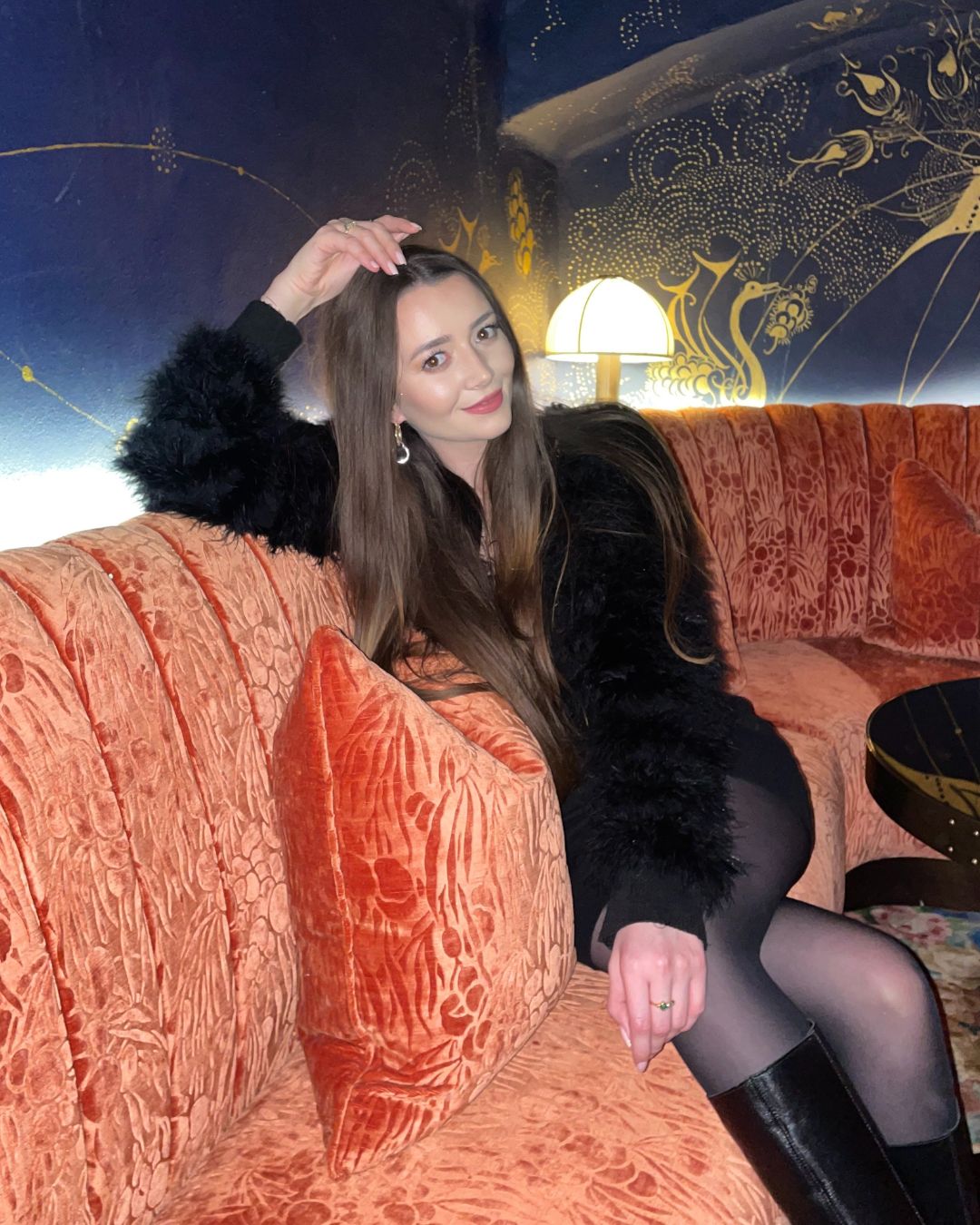
Writer Dionne Brighton on week two of being sober curious
Come week three, I'd also clocked that I didn't need to explain myself to anyone. Good friends won't mind if you're not drinking, and they'll meet your stories of sober curiosity with intrigue and support.
Often, it ignited a much more exciting conversation. I explained to those who asked that being sober curious simply meant I was being mindful of my relationship with alcohol - and they were keen to open the discussion up to their own experiences.
While there were a few, “well, that’s boring”, responses, there were also eye-opening conversations about how to be sober curious and how hard friends themselves find it to say no to a drink. I started to notice things - a lot of things. Most notably, that some people I only like to be around after a glass of rose or two. Which led to further questioning and soul-searching about why I'd truly like to surround myself with.
The most eye-opening part? I didn’t like anyone I dated sober, a surefire sign that they weren't a good match in the long run (and a great way to save time on further wasted dates).
Come the end of week four, I'd loved my sober curious journey - not to mention, learnt the most I ever had about myself in the 30 days. Being sober with a bunch of drunk people takes courage, and not only am I proud of myself for doing it, but my body is thanking me for it - my skin is glowing, I'm more energised, and I'm confident that the friends I spend time with are there for me, drink or no drink. Not just that, but I found I felt way more productive, I lost a little bit of weight, and I didn't have a puffy face or raging headaches after a night out.
Will I continue being mindful of my alcohol intake? Without doubt - it's changed my whole outlook on how and why we drink. No more waking up with raging anxiety forgetting what happened the night before, and no more drunk texts. It's a win for me.
Non-alcoholic drinks to try on your sober curious journey
What is the sober curious experience?
As above and as Ruby Warrington explains in her book, Sober Curious: The Blissful Sleep, Greater Focus, Limitless Presence, and Deep Connection Awaiting Us All on the Other Side of Alcohol, it simply means assessing your relationship with alcohol.
Whether that's drinking less or thinking through your whys when drinking, it involves reducing your alcohol intake, rather than abstaining altogether.
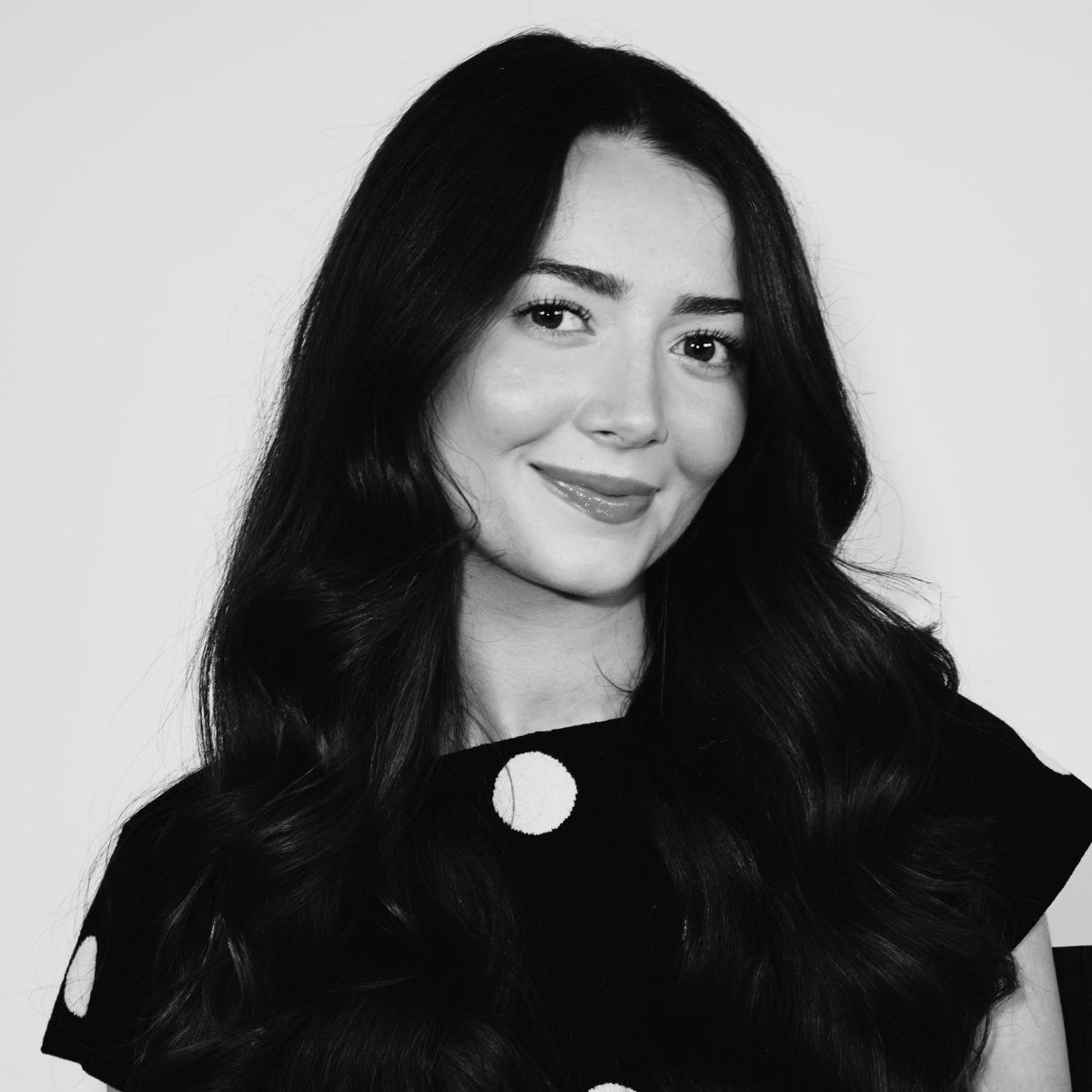
Dionne Brighton is the Social Media Editor at Marie Claire UK. After writing about everything from nail trends to celebrity style moments for Marie Claire UK, Glamour UK and Woman & Home, she now leads the brand’s social strategy. Her work transforming Marie Claire UK’s social platforms earned her a BSME Talent Award nomination.
